Paralyzing strikes across UK NHS make workloads ‘more challenging’, health chief warns
The wave of ongoing strikes by the UK health staff has made the workloads “more challenging”, senior official across National Health Service (NHS) has warned, as a new string of industrial actions is yet to hit the country.
The chief executive of NHS England Amanda Pritchard was at pains to confirm that the repetitive strike actions by health staff were “clearly having an impact” and heavily added to the burden on the NHS.
“It is clearly having an impact. I think that’s obvious. My sense is that everybody is looking to try and reach a resolution,” she told BBC Radio 4’s Today program on Saturday.
“As the strike action is extended over long periods of time, and as those dates start coming closer together, it does get more challenging, there is absolutely no doubt,” she added.
Thousands of NHS operations and appointments had to be canceled this week as a result of the nurses’ strikes in England, while 27,800 bookings had to be rescheduled, including 5,000 operations and treatments, NHS England said.
Yet, the worse is to come for the UK, as thousands of nurses from the Royal College of Nursing are set to strike on 6 and 7 February, with the Unite union announcing fresh ambulance worker walkouts on 6 February.
Downing Street has admitted that the planned walkout would cause further “disruption” for patients.
The NHS is bracing for its biggest industrial action ever next month and it is expected thousands of operations and appointments will need to be canceled over the next few months.
Health leaders have warned that emergency services are facing “alarming levels of stress” and that more hospital beds are “desperately needed”, as the health system is facing a shortage of staff.
Delayed discharge, bed shortages, a fresh wave of Covid-19 and flu infections, and ongoing strikes are among the most prominent pressures that the NHS is facing this winter.
The dispute came after the staff demands for a pay increase were rejected by the government, which says it cannot afford high increases that match the soaring inflation, and even if it could, such monetary increases would further fuel inflation.
Speaking to broadcasters during a hospital visit earlier this week, Health Secretary Steve Barclay appeared to rule out a 10 percent pay rise for nurses, insisting it was “not affordable”.
“Well 10 percent is not affordable, it would be an extra £3.6 billion a year and obviously that would take money away from patient services, essential services that we need to invest in given the backlogs from the pandemic,” he said.
“Now, within Government, we take a whole Government approach – of course, I have discussions with the Treasury, as do other Secretaries of State, and these things need to be balanced not just with the needs of teachers, with the Education Secretary, or train drivers with the Transport Secretary, but also what’s affordable for your viewers in terms of their own cost-of-living pressures,” Barclay added.
During the past months, the UK has been grappling with its biggest strike wave for decades, with airport baggage handlers, border staff, driving instructors, bus drivers, and postal workers walking off their jobs to demand higher pay.
Lebanese journalist summoned to court for criticizing president
‘The Voice of Hind Rajab’ receives Oscar nomination
VIDEO | Foreign-backed terrorism in Iran
US-backed riots suffered 'humiliating' defeat in Iran: Yemeni leader
Pezeshkian: ‘Unholy rage’ fueled by Iran’s enemies after June defeat
Iran condemns Israeli demolition of UNRWA headquarters in occupied al-Quds
Denmark reasserts Greenland sovereignty as Trump claims ‘total access’
Iran’s political legitimacy comes from ballots and popular will, not foreign powers


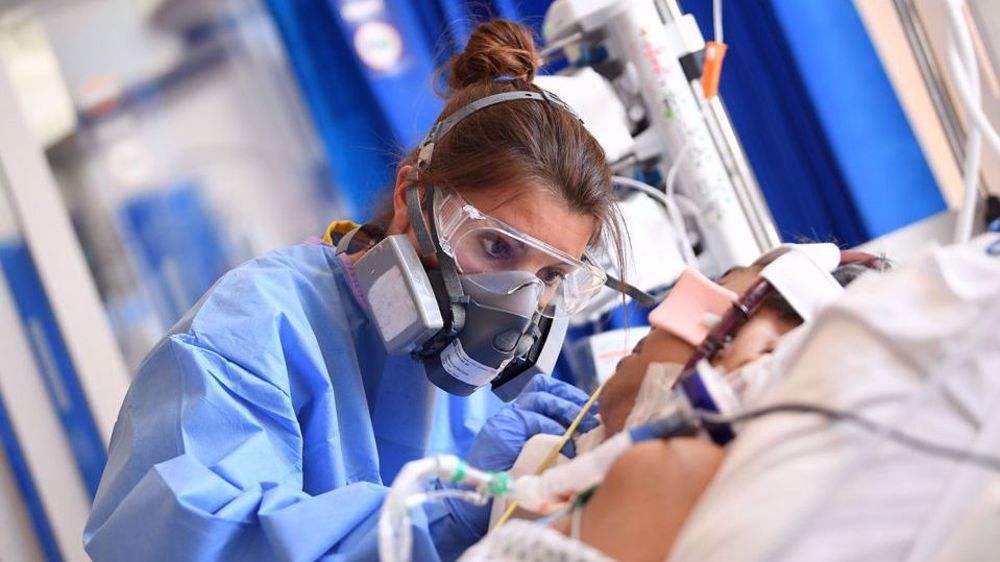
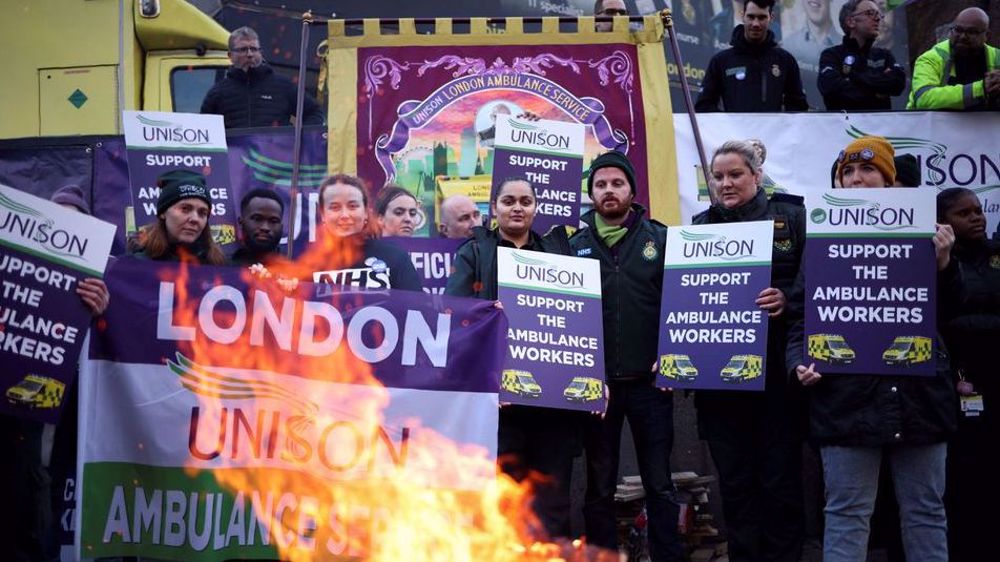
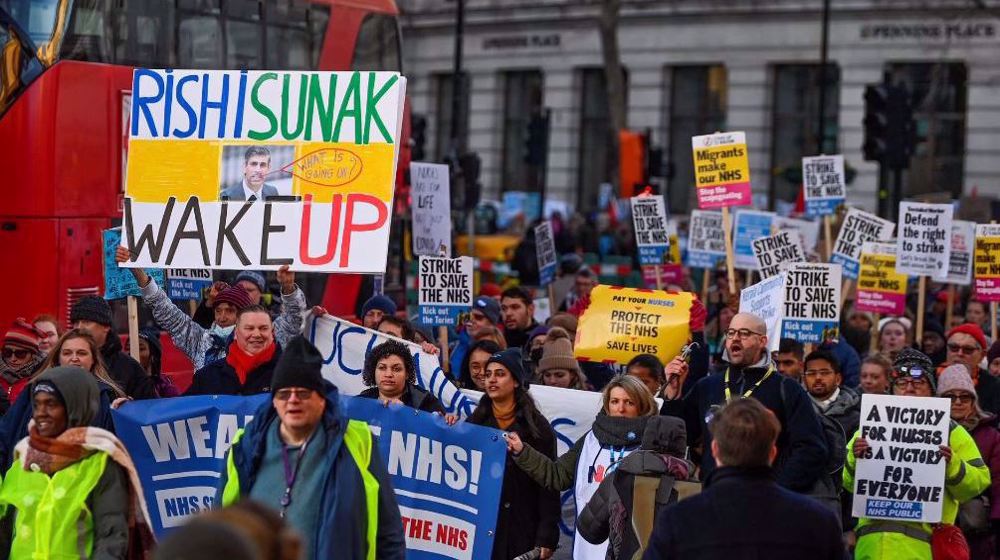
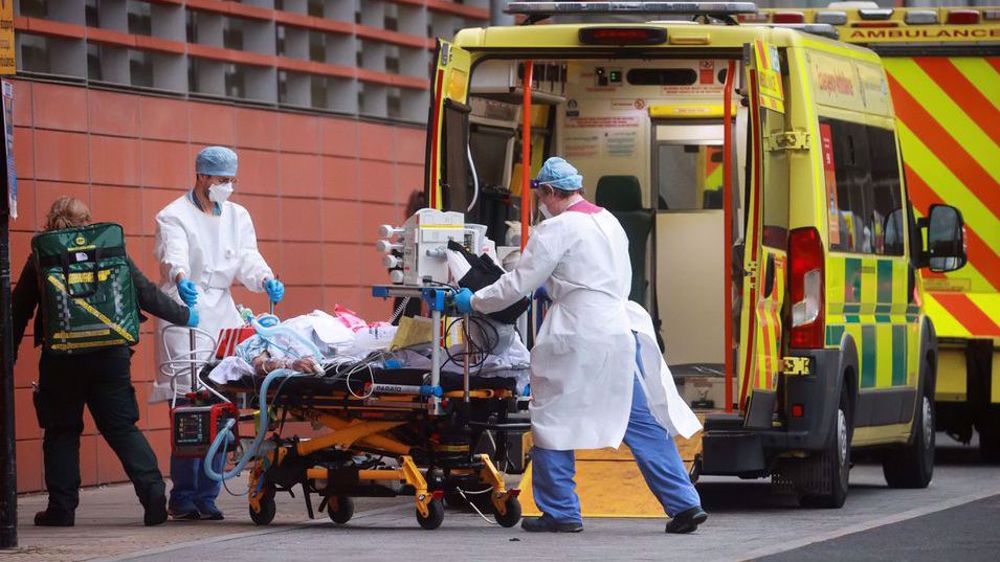
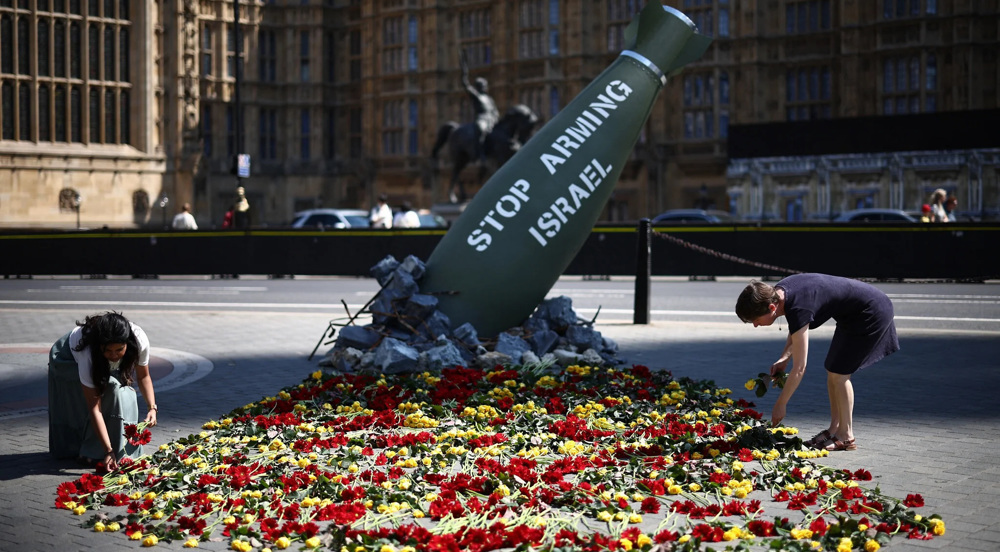
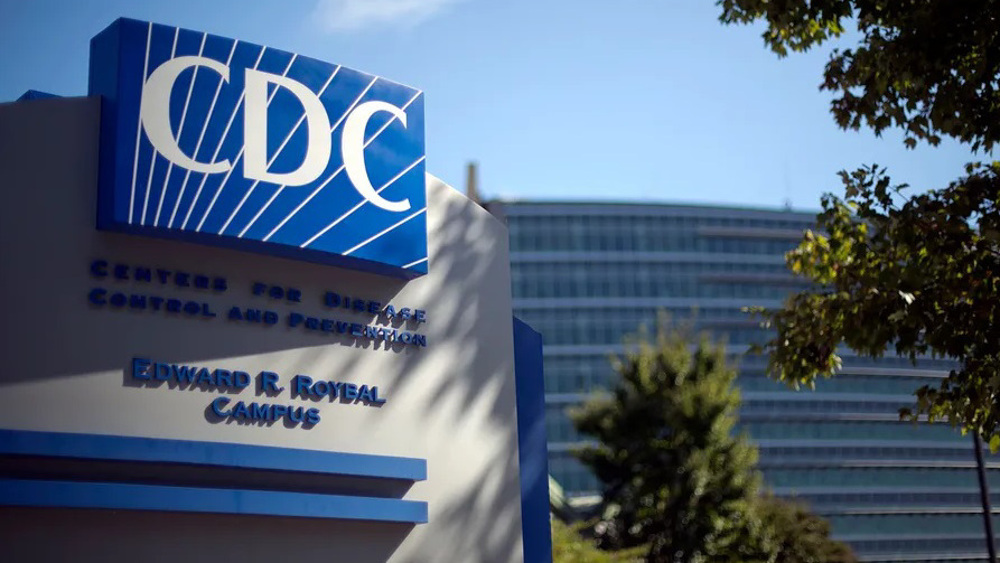




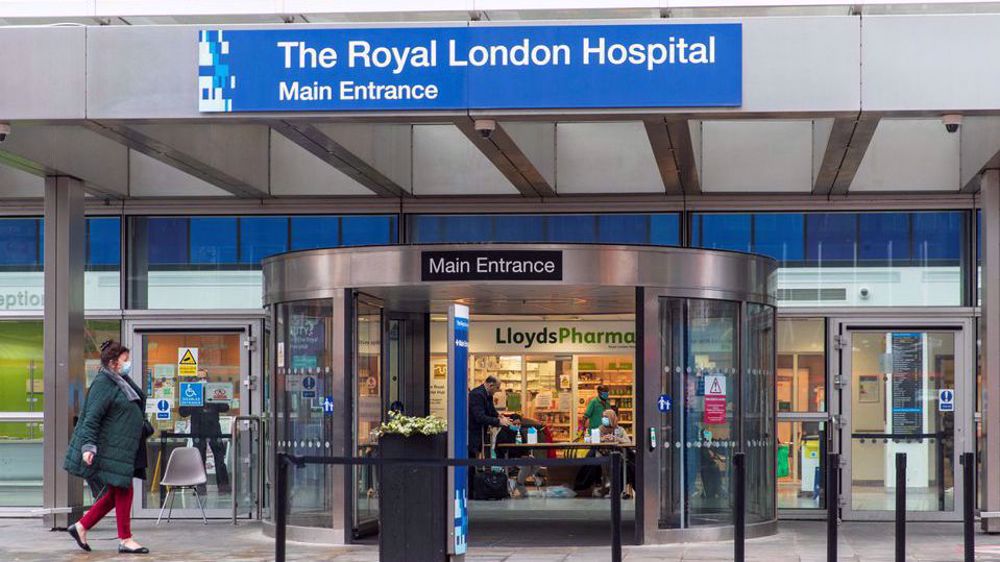
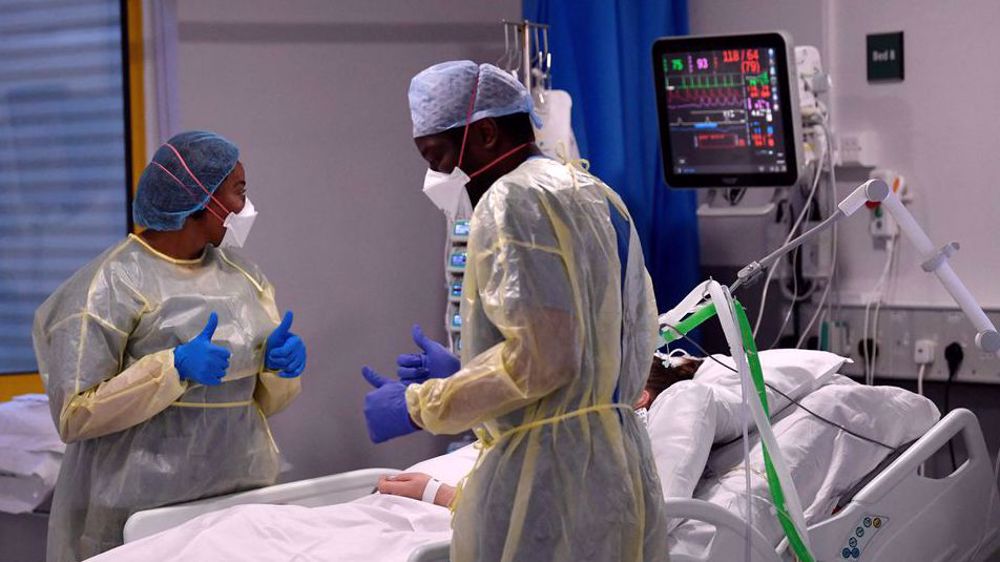
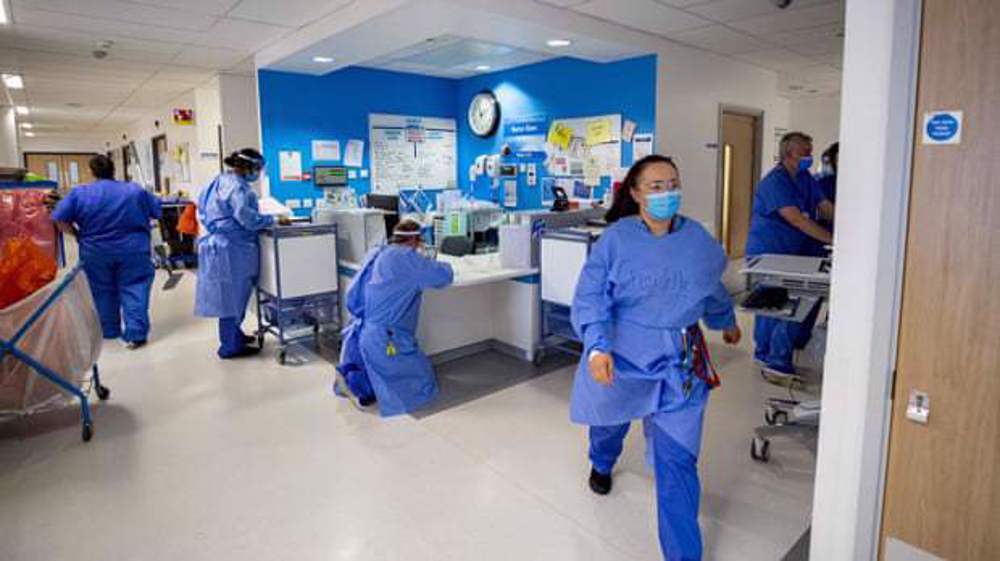
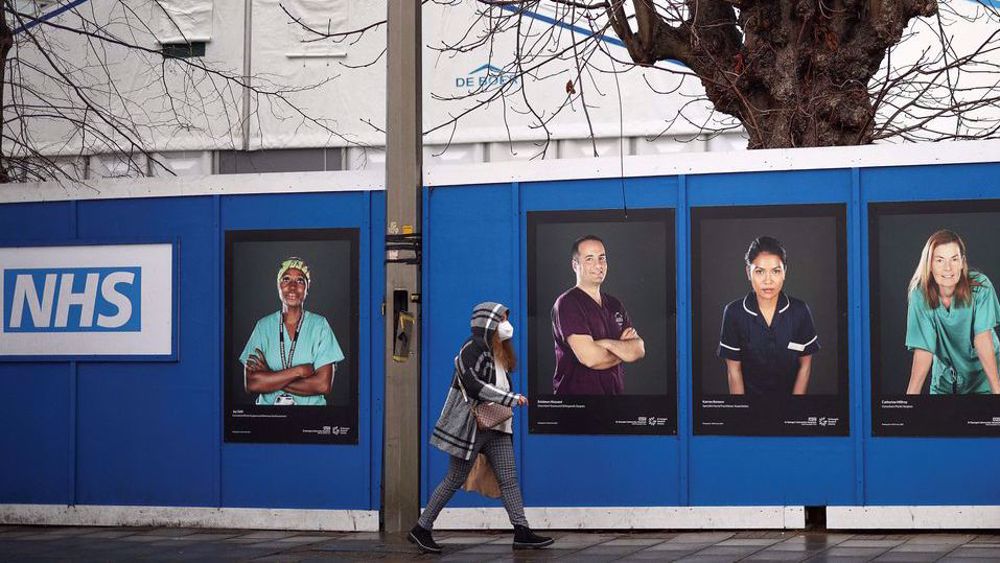
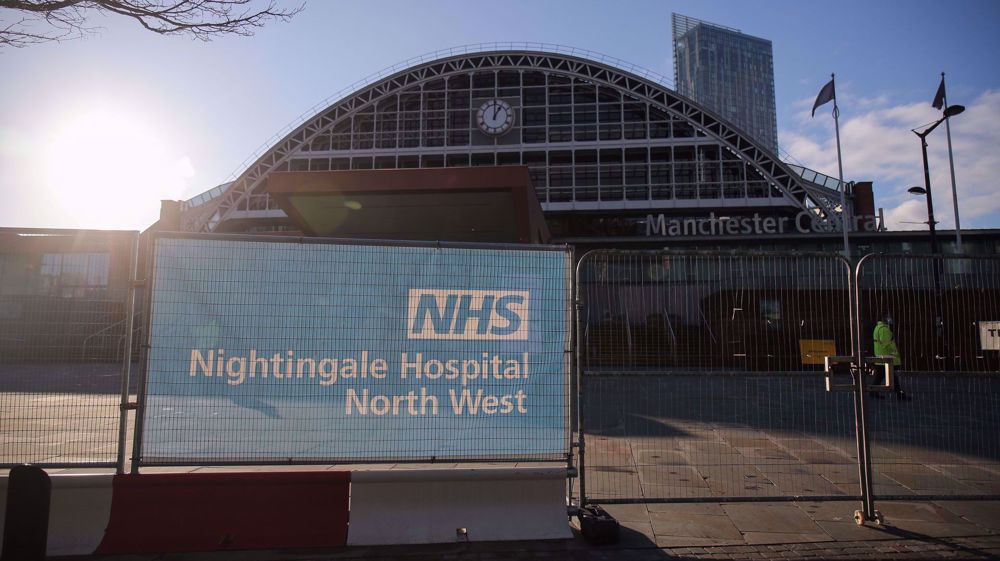
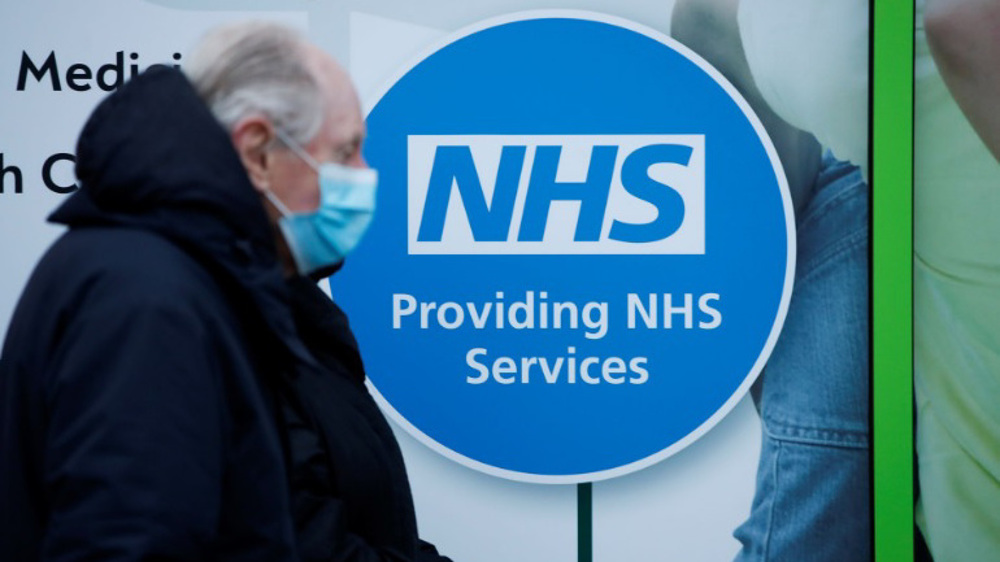
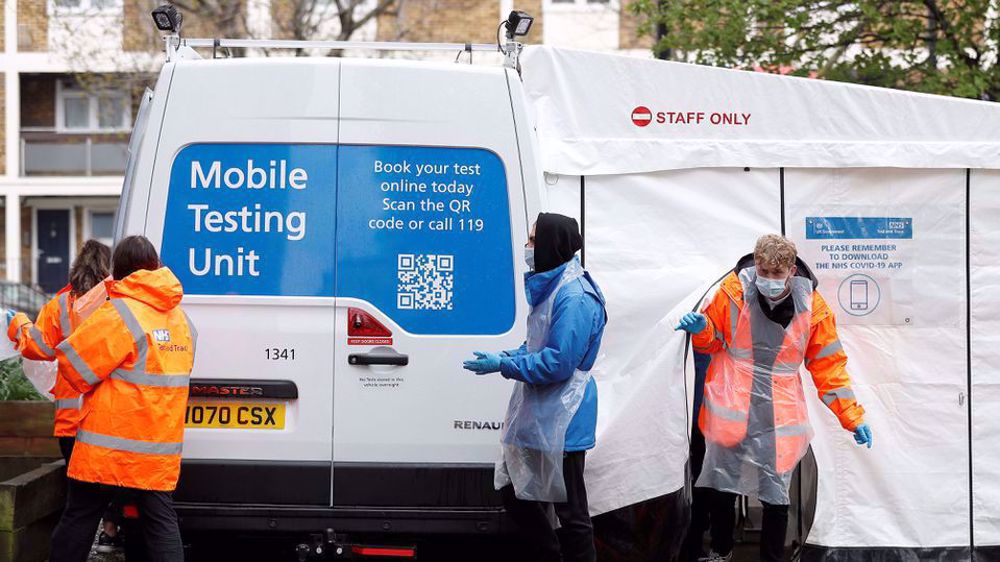
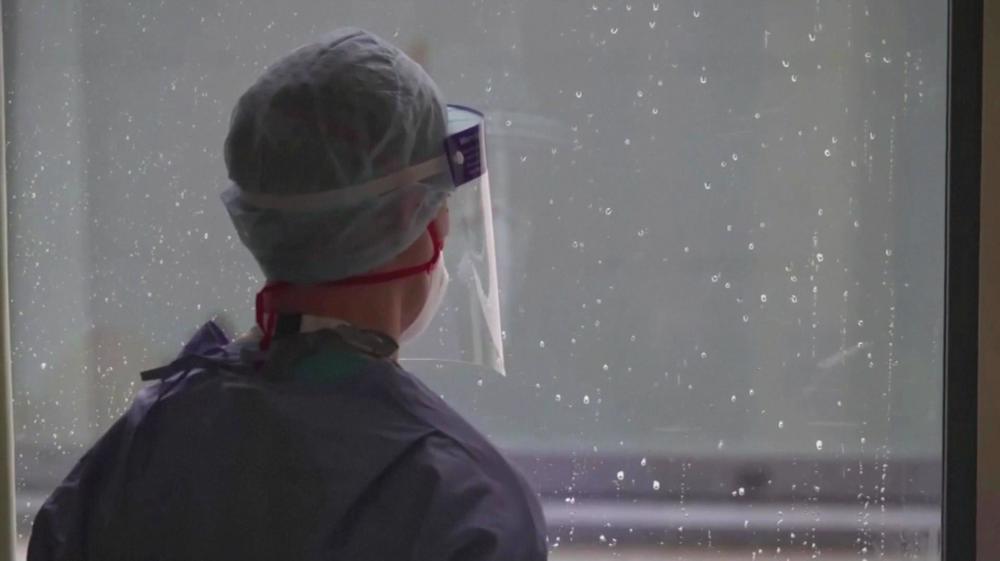

 This makes it easy to access the Press TV website
This makes it easy to access the Press TV website